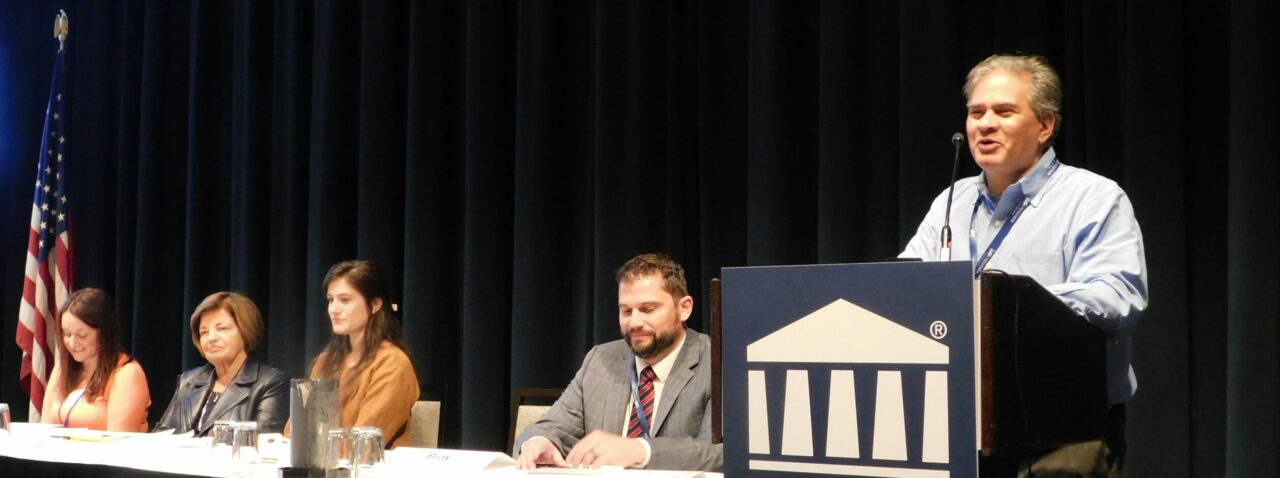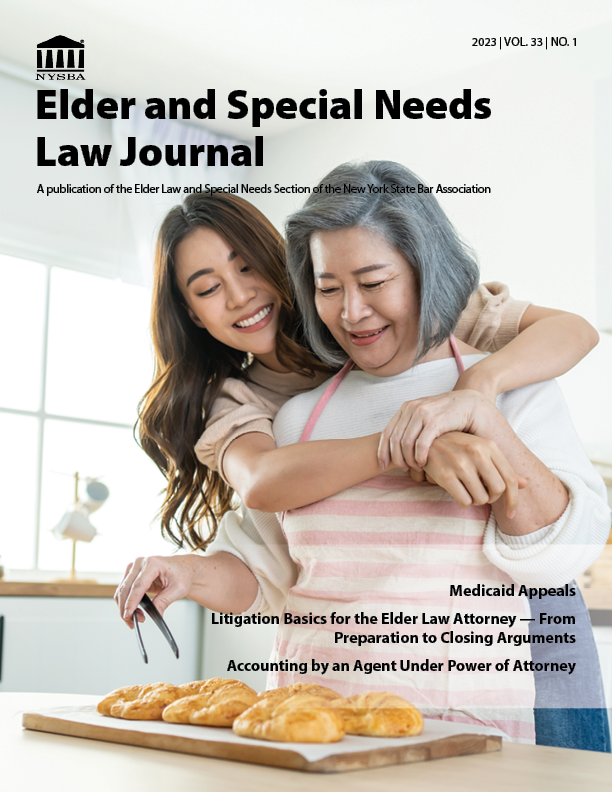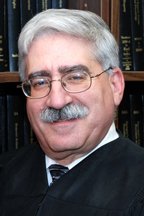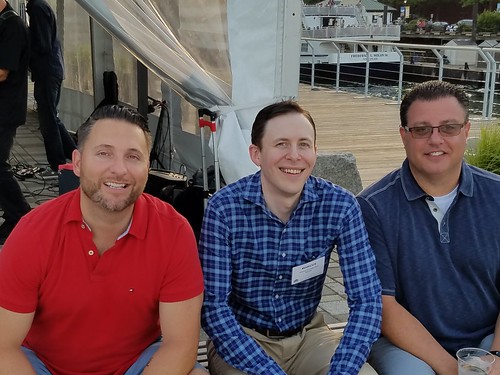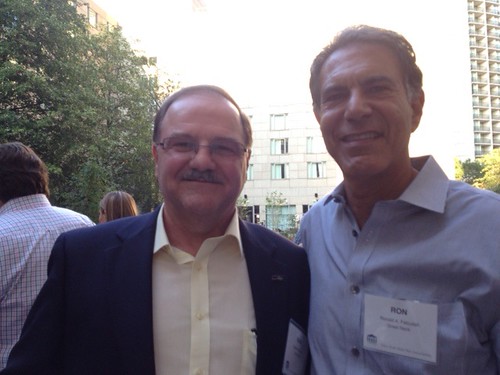Elder and Special Needs Law Journal
The Elder and Special Needs Law Journal (formerly the Elder Law Attorney) features peer written substantive articles relating to the practice of elder law on such topics as long term care, Article 81, advance directives, Medicaid, SNTs, guardianship, Social Security, tax issues, and estate planning. Edited by Katherine Carpenter, Esq. and Lauren Enea, Esq., the Elder and Special Needs Law Journal is published by the Elder Law and Special Needs Section of the New York State Bar Association and available to Section members only.
The Elder and Special Needs Law Journal encourages article submissions on topics of interest to members of the Section. Writing an article for a NYSBA Section publication is a great way to get your name out in the legal community and advertise your knowledge. Our authors are respected state-wide for their legal expertise in such areas as the DRA, Medicaid, SNTs, grandparent’s rights, and guardianships.


